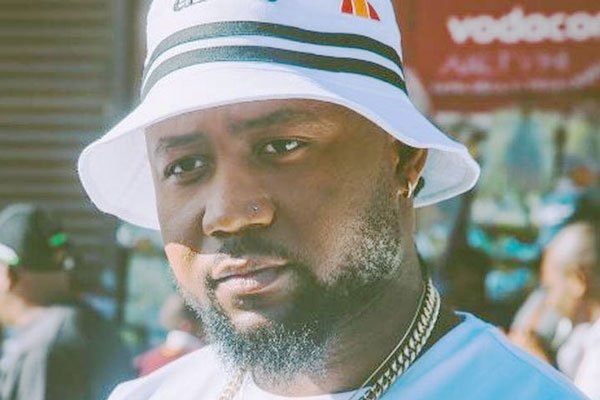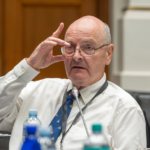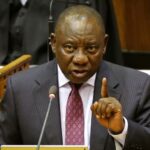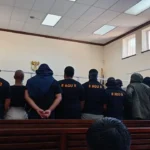Cassper Nyovest Speaks Out Against Online Body Shaming: Turning Criticism Into Motivation
In a world where social media scrutiny comes with every post, celebrities are often subjected to harsh and unwarranted criticism. Local rapper Cassper Nyovest recently opened up about experiencing this firsthand, as he addressed body-shaming remarks made about his weight.
The 34-year-old musician, known for hits like Doc Shebeleza, spoke candidly following his performance at the Scorpion Kings festival. “The comments over the weekend were harsh, and I mean it hurt my feelings a little bit, but sometimes that’s what you need, right?” he admitted in a heartfelt video.
View this post on Instagram
Nyovest also shared how he plans to channel the negativity into a positive transformation ahead of his #FillUpToyotaStadium concert in December this year. “I started training. I started doing cardio. This time it’s a bit more fun because I’m playing tennis, next week I’ll be starting weight training,” he said.
Reflecting on the underlying reasons behind such comments, Nyovest suggested that body shaming often reflects the insecurities of those who target others. “Firstly, it is definitely a projection of how you feel about yourself, body shaming and all of that,” he said. “You don’t even know what I’m going through, but I’m gonna take that, turn the lemons into lemonade.”
His openness was met with an outpouring of support from fans and peers, many praising him for his honesty and resilience. But Nyovest’s experience is far from isolated. Both locally and internationally, celebrities have been subjected to intense scrutiny over their physical appearances.
Earlier this year, singer Nelly Furtado faced waves of body-shaming criticism after showing her curvier figure in recent performances. In response, she posted several online messages urging people to adopt a more positive and uplifting approach to commenting on others’ bodies.
Similarly, twin DJs Bandile and Banele Mbere of Major League DJz were accused of using the weight loss drug Ozempic after sharing their transformation photos on Instagram and X. Such incidents highlight how social media—once celebrated as a platform for connection—has become a space for unsolicited criticism that can affect mental health.
While Nyovest has chosen to focus on regaining his fitness and confidence, this isn’t always the case. Many stars have spoken out about how body shaming has affected them deeply. In 2023, Ariana Grande urged people to adopt kindness and consideration when discussing others’ bodies. “I just wanted to address your concerns about my body and talk about what it means to be a person with a body, and to be seen, and to be paid such close attention to,” Grande explained in a TikTok video.
She continued: “I think we should be gentler and less comfortable talking about people’s bodies, no matter what. If you think you’re saying something good or well-intentioned, whatever it is—healthy or unhealthy, big, small, this, that, sexy, not sexy… We should really work towards not doing that as much.”
Bridgerton star Nicola Coughlan also shared her experiences of body shaming during the series’ rise in popularity. “If you have an opinion about my body, please, please, don’t share it with me,” she wrote. “I am just one real-life human being, and it’s really hard to take the weight of thousands of opinions on how you look being sent directly to you every day.”
Nyovest’s journey, alongside these calls for empathy from other celebrities, serves as a powerful reminder that words hold significant power—they can wound, but they can also inspire. He hopes that by being transparent about his own struggles, he can encourage others to confront body-shaming culture with resilience and positivity.
At its core, his message is simple yet profound: kindness matters, whether online or offline. And in sharing his story, Cassper Nyovest not only stands up for himself but also challenges society to rethink how we speak about the bodies of others.

Follow Us on Twitter











